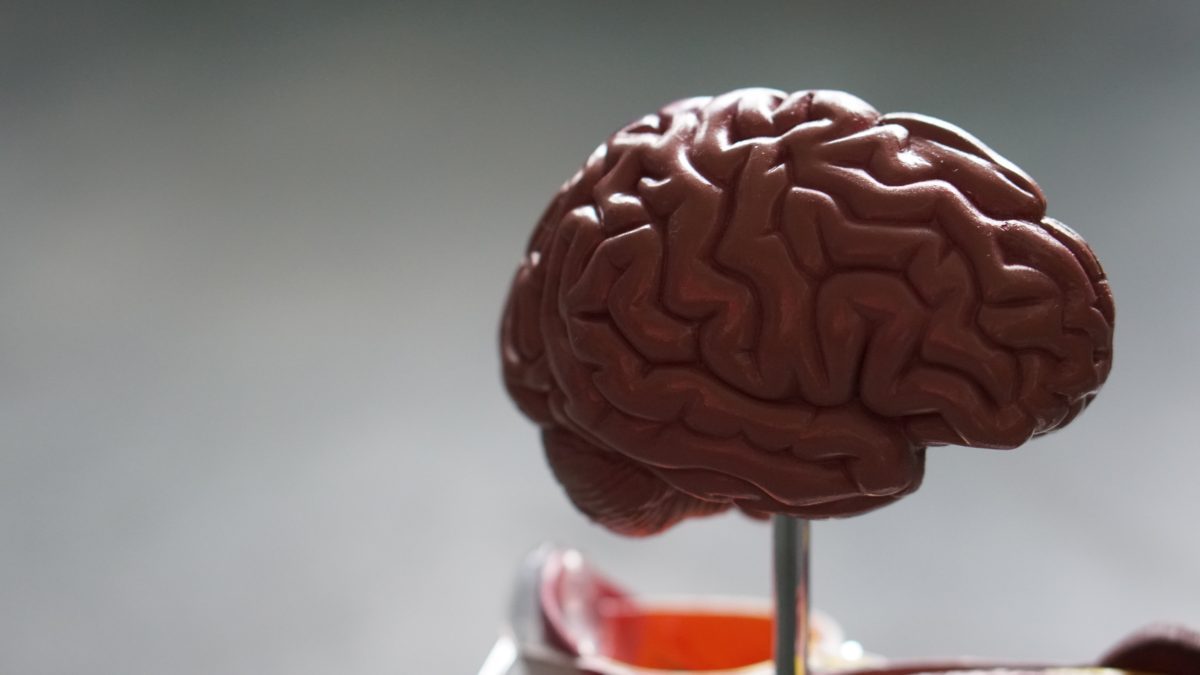The saying, “You learn something new every day” is, in fact, true. With each day that passes, your brain acquires new memories – learning how to ride a bike, where you parked your car, the name of your new boss. But how much of this “memory space” does your brain actually have? And can your brain suddenly “run-out” of it?
One Cell per Memory?
Nelson Cowan, cognitive psychologist at the University of Missouri explains, “It’s not like each memory takes a cell and then that cell is used up. Over a long period of time, memories are encoded in neural patterns – circuits of connected neurons. And your brain’s ability to knit together new patterns is limitless, so theoretically the number of memories stored in those patterns is limitless as well.”
Many times, your memories combine, creating a kind-of memory interference. A good example of this happens when one tries to learn similar languages at the same time; Spanish and Italian, though they have very similar sounding words and pronunciations, can cause an interference or confusion that researchers are trying to figure out. Cowan assumes, “…two different ideas that are similar have similarities in the patterns of brain activity. Your brain has to settle into the right pattern, and if you are confused, your memory can fail when you settle on the wrong pattern.” This does not mean that your brain has run out of space; It means that it is trying to sort out all of the information that it is quickly taking in. So, according to Cowan, the capability to store information in your brain for the long-term can actually be endless.
How to Power Your Memory and Brain Health by Jerry Hickey, R. Ph
Short-Term Memory
Short-term memory, however, seems to fill to capacity. If you are overworking your brain and trying to juggle too much information at one time, it seems that your short-term memory just can’t handle it. This explains why you can honestly never remember the name of the
person you just met or what you needed to do before you got interrupted by that phone call. Researchers like Cowen say that the number of items that people can actually retain in their short-term memory is very limited. However, by mentally assigning a meaning or group to an item or idea (Think: FBI, CIA, IRS…), short-term memory can actually be turned into long-term memories. Some memories that are forgotten can actually be for good reason. Joe Tsien, a neurologist who runs the Brain Decoding Project at Georgia Regents University, explains, “Our brains aren’t designed to store an infinite amount of information.”
How to Optimize Your Brain by Willie Hernandez, MS, CNS – from energy to circulation!
Can Learning Promote Forgetfulness?
A study published earlier this year in Nature Neuroscience used neuro-imaging to reveal how learning something new promotes forgetting. They discovered that when two ideas compete with each other, the brain rallies inhibitory mechanisms to help, suppressing the distracting idea. The networks that are trying to hold on to older memories can’t continue to do so, so new memories are created in their place. However, even though older memories are replaced with new ones, Cowen explains, “The memories might still be there because memories depend on context.” This explains how you can still remember the name of the waitress at TGIF Friday’s when you’re sitting in the restaurant or how you can remember the name of the bartender while sitting with some friends at your favorite bar.
Your brain is continuously working to absorb information. Because of this, it is easy to think that eventually your brain will not be able to store any more information. Thanks to science and research, we now know that your brain does the opposite, by forming different methods to remember information – context, grouping items and memories together, forgetting old memories. So don’t feel bad when you can’t remember the name of your new co-worker. Just blame it on your short-term memory!
Source: http://www.msn.com






